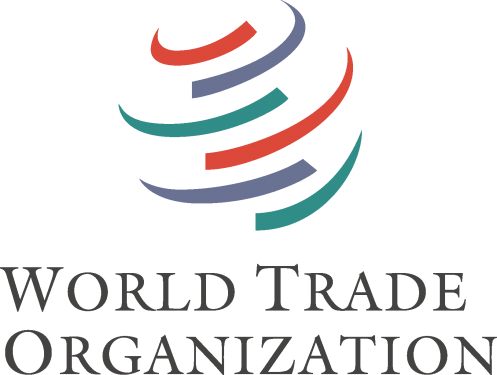PIJIP Joins 26 Civil Society Groups to Support the Proposed Covid-19 TRIPS Waiver at the WTO
Civil Society Statement Open for Endorsements Until March 18

March 11, 20201
The Program on Information Justice and Intellectual Property joined a group of 26 civil society organizers in drafting a statement to the World Trade Organization (WTO) that highlights the need to overcome copyright barriers to ensure an equitable response to COVID-19. It is open for endorsements from both organizations and from individuals until March 18, and it will be formally submitted to the WTO on March 22.
The form for endorsing the statement is here.
The statement notes:
Access to copyrighted works, in addition to patent and know-how, is needed to prevent and contain COVID-19 and to develop treatments. COVID-19 has aggravated deep inequalities in access to knowledge. In some countries with flexible copyright systems, residents are able to access and use essential materials in remote educational, learning and research activities, virtually access and use the collections of libraries and other institutions, and contribute to research on treatments using advanced processes such as text and data mining. But these activities are not taking place everywhere because they are not lawful everywhere.
The statement supports the proposed waiver of TRIPS obligations for the response to COVID-19, which is currently under debate at the WTO. (The wavier is supported by at least two thirds of WTO Members, but being blocked by the U.S. and other wealthy countries). It then urges the WTO to further clarify that the copyright provisions of TRIPS:
- Can and should be interpreted and implemented to respect the primacy of human rights obligations during the pandemic and other emergencies, including the rights to seek, receive and impart information, to education, and to freely participate in cultural life and share in scientific advancement and its benefits, while protecting the moral and material interests of authors;
- Permit governments to protect and promote vital public interests during a health or other emergency;
- Permit governments to carry forward and appropriately extend into the digital environment limitations and exceptions that are appropriate in the digital network environment, particularly during a health or other emergency.